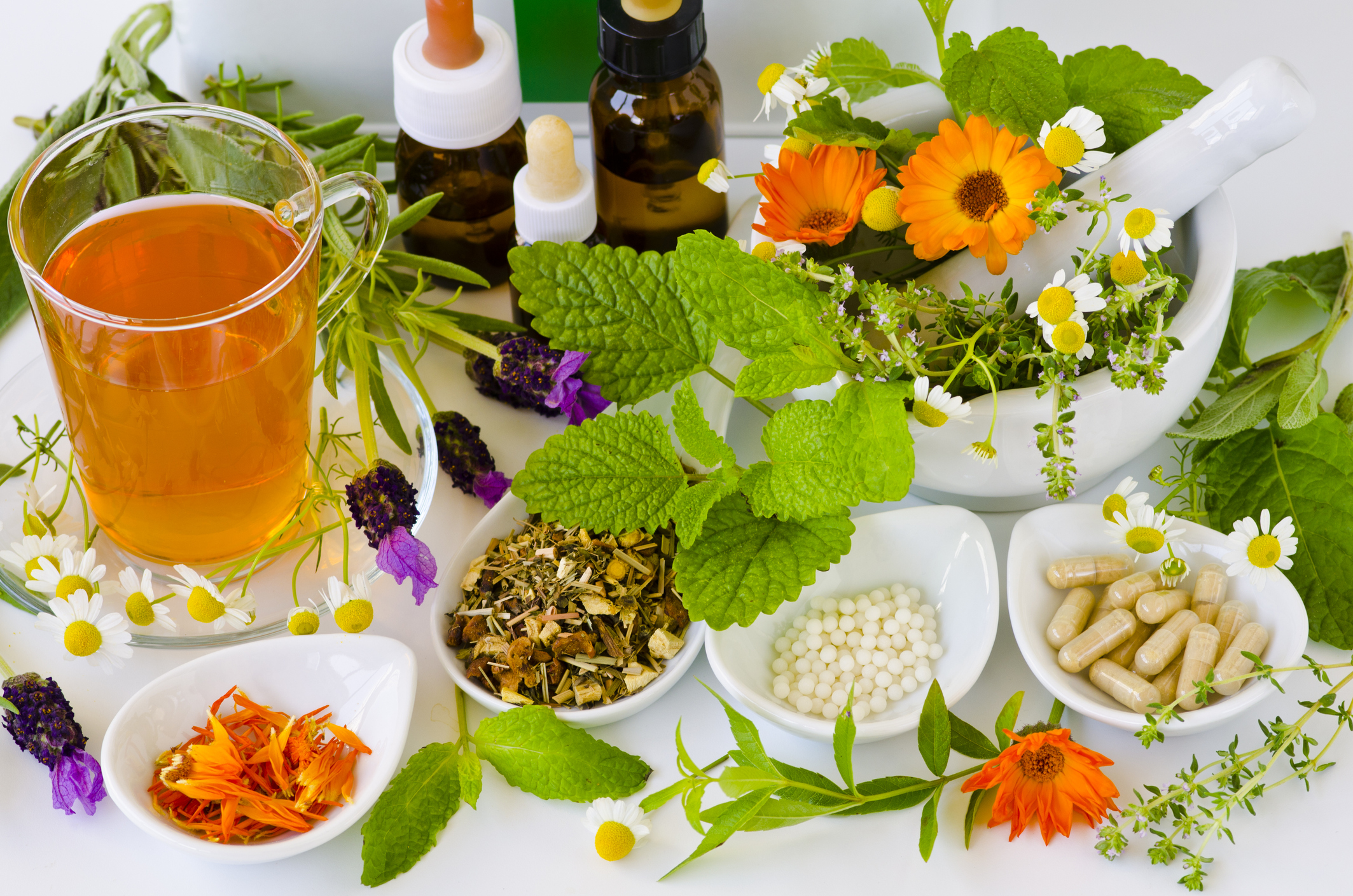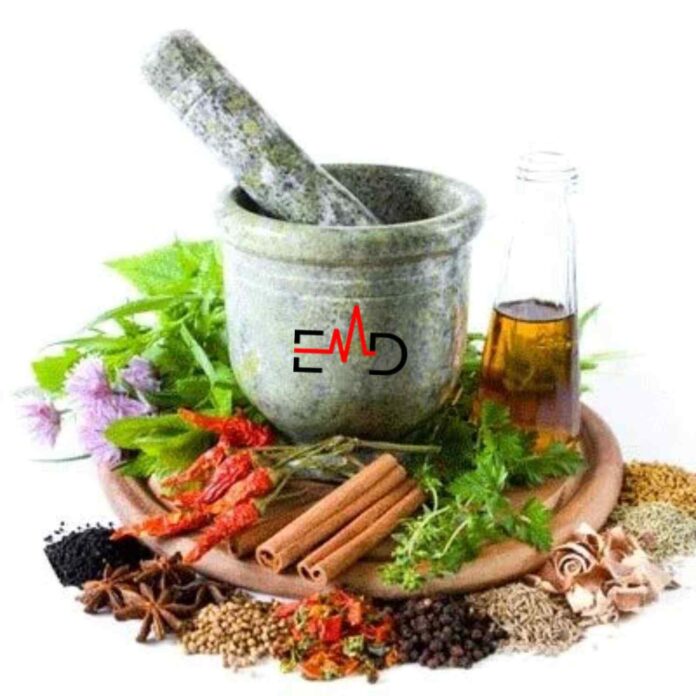Table of Contents
Exercise Daily – As a student balancing academic responsibilities, extracurricular activities, and social life, it’s essential to prioritize your immune health to thrive in your student life. Here, we’ll explore six easy and natural ways to boost your immune system, helping combat common colds, respiratory infections, and other viral illnesses. Here, we discuss the 6 Easy Ways for Student Wellness Services.
Firstly, incorporating anti-inflammatory foods into your diet can help support the immune system. Foods rich in selenium, such as Brazil nuts, fish, and whole grains, have been shown to have anti-inflammatory properties and may help boost immunity against respiratory infections.
Secondly, fermented foods like yogurt, kefir, and kimchi contain beneficial bacteria that support gut health and are closely linked to immune function. These foods can help boost the production of antibodies, strengthening the immune system’s response to pathogens.
Understanding the Immune System
Before we delve into the ways to boost your immune system, let’s take a moment to understand how it works. The immune system is a complex network of cells, tissues, and organs that work together to defend the body against harmful pathogens such as bacteria, viruses, and fungi. It acts as an internal defense mechanism, constantly patrolling for potential threats and mounting an immune response when necessary.
Natural remedies like arnica, turmeric, and ginger can help reduce exercise-induced muscle soreness and inflammation. These remedies have anti-inflammatory properties that can alleviate pain and promote faster recovery.

The Importance of Boosting Your Immune System
A robust immune system is vital for maintaining good health and preventing illnesses. When your immune system is robust, it can effectively identify and eliminate harmful invaders, reducing the risk of infections, colds, and flu. Adopting immune-boosting strategies empowers your body’s natural defenses, ensuring it remains resilient despite daily challenges.
Herbs such as ginseng, rhodiola, and maca are known for their adaptogenic properties, which can help improve stamina, endurance, and overall energy levels during workouts.
Getting Enough Sleep for a Strong Immune System
The Link Between Sleep and Immune Function
Ample sleep is essential for the proper functioning of your immune system. During sleep, your body undergoes crucial vital processes that help regulate immune response and repair damaged cells. Lack of sleep can weaken immune function, making you more susceptible to infections and compromising your overall well-being.
Certain natural remedies like tart cherry juice and beetroot juice have enhanced recovery by reducing muscle soreness and inflammation post-exercise. They contain compounds that help replenish glycogen stores and promote muscle repair.
Tips for Quality Sleep
To promote a robust immune system, prioritize quality sleep by following these tips:
- Stick to a consistent sleep schedule, aiming for 7-9 hours each night.
- Create a comfortable sleep environment by keeping your bedroom dark, quiet, and calm.
- Establish a bedtime routine that helps you unwind, such as reading a book or taking a warm bath.
- Limit caffeine and electronic devices before bed, as they can interfere with sleep.
- Avoid heavy meals and excessive liquids close to bedtime to prevent disruptions.

Maintaining a Healthy Diet to Support Your Immune System
The Role of Nutrition in Immune Health
Proper nutrition plays a crucial role in supporting a healthy immune system. Certain nutrients, such as vitamin C, vitamin D, zinc, and probiotics, have been shown to enhance immune function and help fight off infections. Incorporating various nutrient-rich foods into your diet can give your body the building blocks to keep your immune system strong.
Adaptogenic herbs like ashwagandha and holy basil can help athletes manage stress and anxiety associated with intense training regimens. By supporting the body’s stress response system, these remedies may improve focus and mental clarity during exercise.
Foods That Boost Your Immune System
To give your immune system a natural boost, include the following foods in your diet:
- Citrus fruits, such as oranges and grapefruits, are rich in vitamin C, which helps stimulate the production of immune-boosting white blood cells.
- Yogurt and other probiotic-rich foods support a healthy gut microbiome, crucial to immune function.
- Leafy green vegetables, like spinach and kale, provide a range of vitamins, minerals, and antioxidants that support immune health.
- Nuts and seeds, such as almonds and sunflower seeds, are excellent sources of vitamin E, which helps regulate and strengthen the immune response.
- Garlic contains compounds that enhance immune function and may help reduce the severity of colds and flu.
- Like blueberries and strawberries, berries are packed with antioxidants that protect against cellular damage and support immune function.
Remember to maintain a balanced diet that includes a variety of fruits, vegetables, whole grains, lean proteins, and healthy fats to support your immune system’s needs.

Regular Physical Activity and Immune Function
The Link Between Exercise and Immunity
Regular physical activity has numerous benefits for overall health, including immune function. Exercise helps improve circulation, reduce inflammation, and promote the efficient movement of immune cells throughout the body. Incorporating moderate-intensity exercise into your routine can enhance your immune system’s ability to fight infections.
Incorporating Exercise Into Your Routine
To make physical activity a part of your daily life, consider the following tips:
- Find activities you enjoy, such as brisk walking, jogging, cycling, or dancing, and aim for at least 150 minutes of moderate-intensity exercise per week.
- Incorporate strength training exercises, such as weightlifting or bodyweight, to build and maintain muscle mass, which is essential for immune function.
- Break up long periods of sitting or studying with short movement breaks, such as stretching or walking around.
- Consider joining group fitness classes or sports teams to make exercise more enjoyable and social.
Listen to your body and choose activities that suit your fitness level and interests. Regular physical activity strengthens your immune system and improves your overall well-being.
Boost Your Immune System with Natural Remedies
Boosting your immune system naturally is always a good idea, especially considering how it can help your body fight off illnesses and infections more effectively. Here are some natural remedies you might find helpful:
Eat a balanced diet: Ensure you get plenty of fruits, vegetables, lean proteins, and whole grains. These foods provide essential vitamins, minerals, and antioxidants that support your immune system.
Stay hydrated: Drink plenty of water throughout the day to keep your body hydrated and support optimal immune function.
Get enough sleep: Aim for 7-9 hours of quality sleep each night. Sleep is crucial for immune health and overall well-being.
Manage stress: Chronic stress can weaken your immune system. Practice stress-reducing activities such as meditation, deep breathing exercises, yoga, or spending time in nature.
Regular exercise: Engage in moderate exercise most days of the week. Exercise helps boost circulation, supports immune function, and reduces stress.
Vitamin C: Incorporate foods rich in vitamin C into your diet, such as oranges, strawberries, kiwi, bell peppers, and broccoli. The Vitamin C is known for its immune-boosting properties.
Vitamin D: Get adequate sunlight exposure or consider taking a vitamin D supplement, especially during the winter when sunlight is limited. Vitamin D plays a crucial role in immune function.
Zinc: Foods rich in zinc, such as nuts, seeds, legumes, and whole grains, can help support immune function. Zinc supplements may also be beneficial, but not exceeding the recommended dosage is essential.
Probiotics: Incorporate probiotic-rich foods like yogurt, kefir, sauerkraut, and kombucha into your diet. Probiotics help support a healthy gut microbiome, closely linked to immune function.
Herbal remedies: Certain herbs and spices, such as echinacea, garlic, ginger, and turmeric, have immune-boosting properties. You can incorporate them into your cooking or consume them as supplements.

Stress Management for a Healthy Immune System
Understanding the Impact of Stress on Immunity
Chronic stress can affect your immune system, making you more vulnerable to infections and illnesses. When you’re under stress, your body releases stress hormones that can suppress immune function and increase inflammation. You can support your immune system and promote overall wellness by managing stress effectively.
Effective Stress Management Techniques
To keep stress at bay and support your immune system, try incorporating the following techniques into your daily routine:
- Practice relaxation techniques, such as deep breathing, meditation, or yoga, to promote a sense of calm and reduce stress levels.
- Engage in activities that bring you joy and help you unwind, such as listening to music, spending time in nature, or pursuing hobbies.
- Prioritize self-care by setting aside time for activities that recharge you, such as taking a bubble bath, reading a book, or getting a massage.
- Seek social support by connecting with friends, family, or support groups, as sharing your thoughts and feelings can help alleviate stress.
- Get regular exercise, as physical activity is not only beneficial for immune function but also acts as a natural stress reliever.
By managing stress effectively, you can support your immune system’s functioning and maintain a healthy balance in your life.
The Role of Vitamin D in Immune Function
Sunlight and Vitamin D Synthesis
Vitamin D is an essential nutrient that plays a crucial role in immune function. Your body can produce vitamin D when your skin is exposed to sunlight. However, limited sun exposure, sunscreen use, and geographical location can contribute to vitamin D deficiency.
Other Sources of Vitamin D
If getting enough sun exposure is challenging, you can obtain vitamin D from dietary sources and supplements. Foods such as fatty fish, fortified dairy products, and egg yolks are good sources of vitamin D. Additionally, vitamin D supplements can be taken under the guidance of a healthcare professional to ensure adequate levels.
FAQs – 6 Easy Ways for Student Wellness Services: Boost Immune System
Q: Can boosting my immune system prevent all illnesses?
A: While a robust immune system is crucial for fighting off infections, it does not guarantee complete immunity from all illnesses. Other factors, such as exposure to pathogens and individual susceptibility, also play a role. However, by adopting immune-boosting strategies, you can reduce the risk of infections and support your overall health.
Q: Are there any supplements that can help boost the immune system?
A: Certain supplements, such as vitamin C, vitamin D, zinc, and probiotics, may help support immune function. However, consulting a healthcare professional before starting new supplements is essential. They can assess your individual needs and guide you on proper dosage and potential interactions with other medications.
Q: Is it possible to have too much of a boosted immune system?
A: An overactive immune system can lead to autoimmune conditions, where the immune system mistakenly attacks healthy cells and tissues. It’s essential to focus on maintaining a balanced immune response rather than aiming for excessive stimulation.
Q: Can stress weaken my immune system?
A: Chronic stress can weaken the immune system and make you more susceptible to illnesses. High levels of stress hormones can suppress immune function and increase inflammation in the body. Managing stress through relaxation techniques, exercise, and self-care can help support a healthy immune system.
Q: How long does it take to see the effects of immune-boosting strategies?
A: The effects of immune-boosting strategies may vary from person to person. Some strategies, such as getting enough sleep and managing stress, can have immediate benefits regarding overall well-being. Other factors, such as dietary changes and regular exercise, may take time to show noticeable effects. Consistency is vital; adopting these strategies as part of a long-term lifestyle is essential for optimal immune health.
Conclusion
Prioritizing our immune health through natural remedies is not just a trend but a fundamental aspect of holistic wellness. From the potent antioxidants found in fruits and vegetables to the immune-boosting properties of herbs and spices, nature offers a treasure trove of remedies to support our body’s defense mechanisms.
Incorporating these natural allies into our daily routine empowers us to fend off illness and optimize our overall well-being. Remember, nurturing our immune system is a lifelong journey, and by embracing these remedies, we take a proactive step towards a healthier, more resilient future. Here’s to harnessing the power of nature to thrive and flourish in every season of life.






